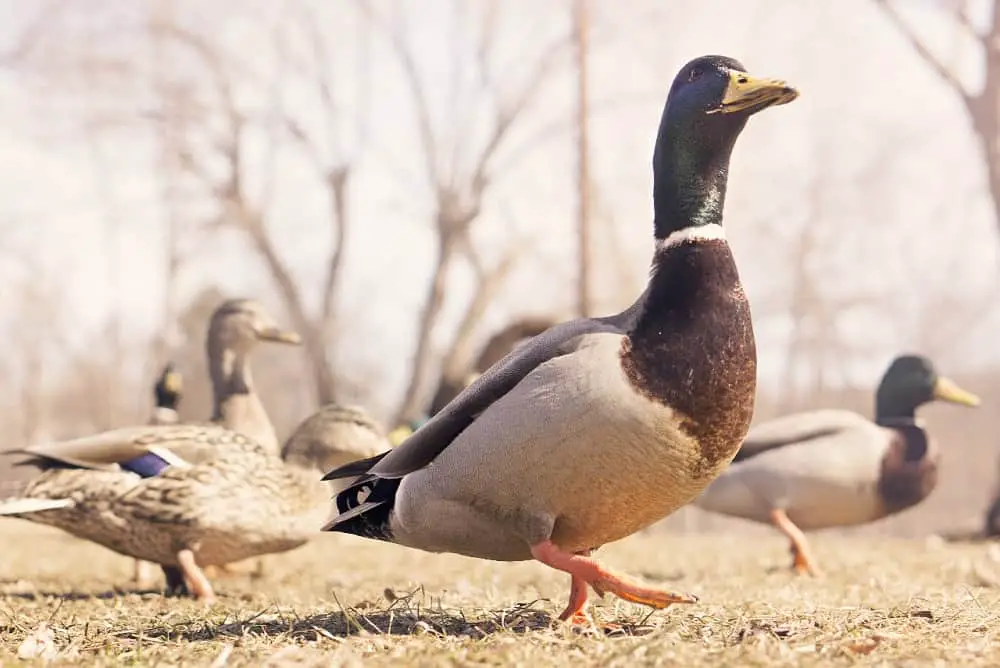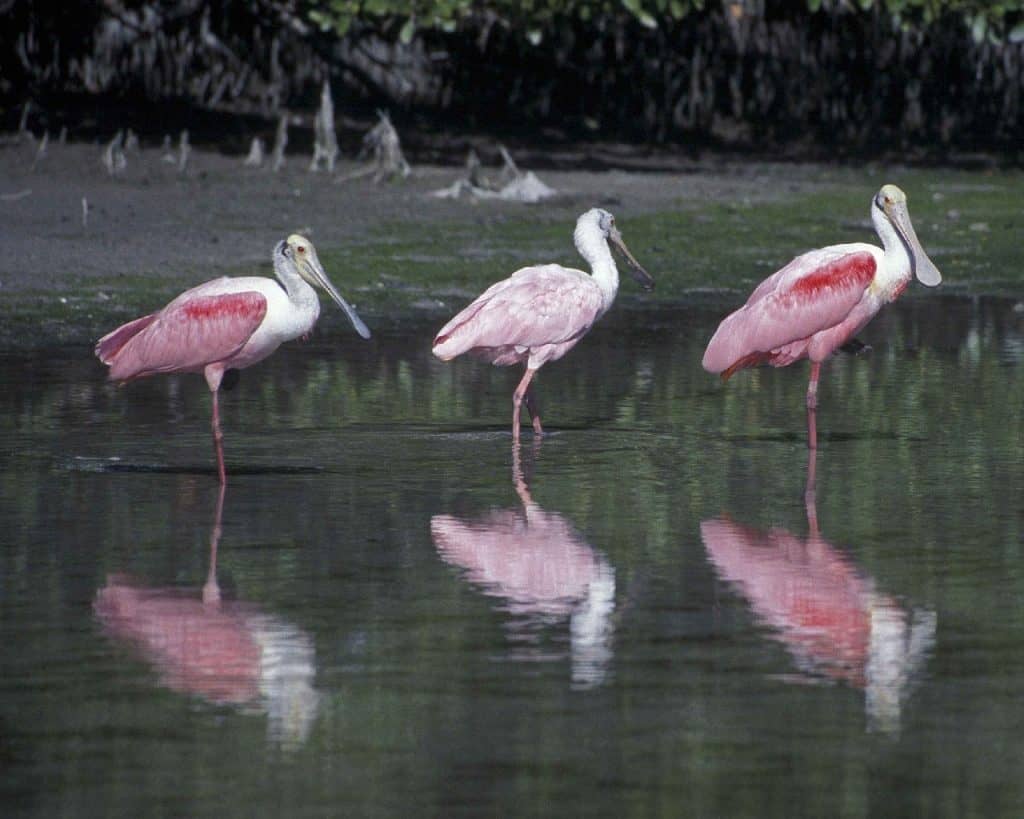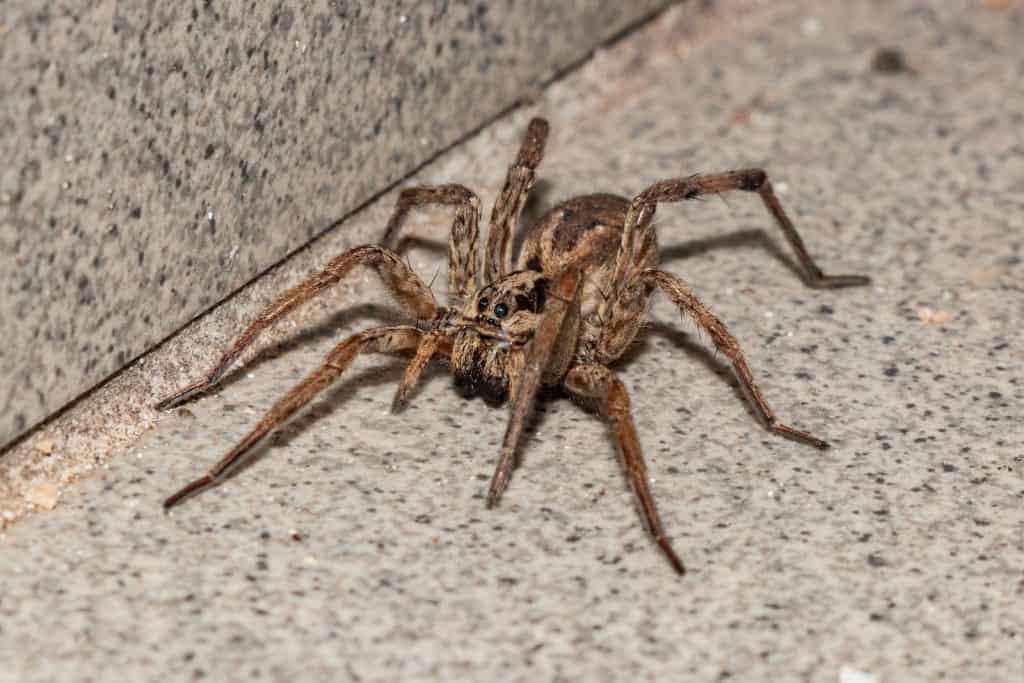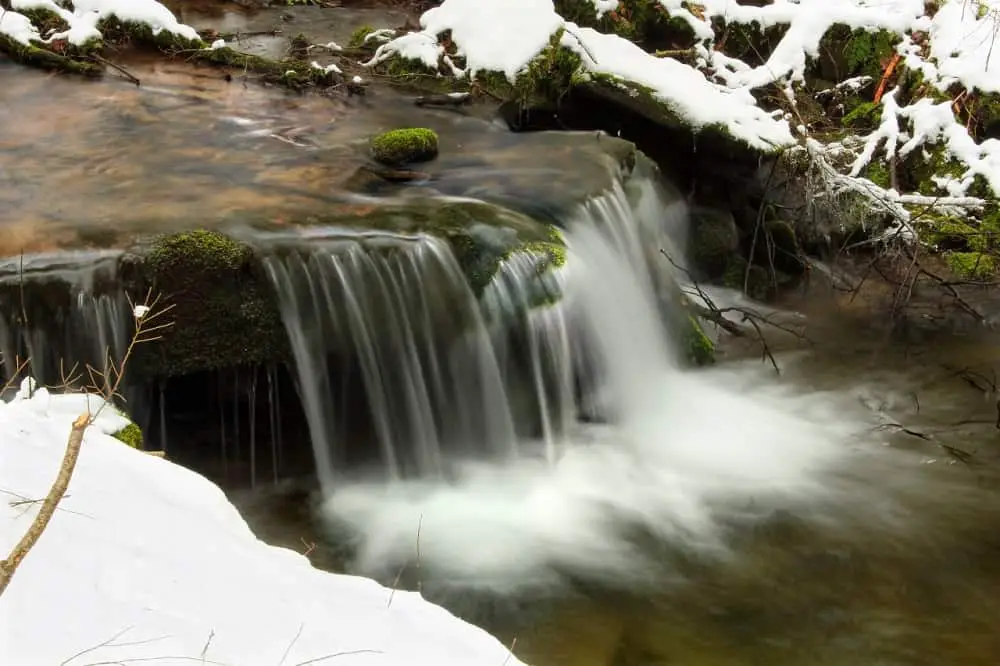Did you know that Florida is one of the states where you can hunt ducks? Duck season in Florida is an exciting time for hunters.
The season runs from November to February, and there are many different types of ducks to hunt. Duck hunting is a popular sport in Florida, and many people come from all over the country to hunt here.
However, there are some specific rules you should be aware of before going duck hunting.
We’ll also discuss the requirements for obtaining a hunting license. Be sure to check the Florida Fish and Wildlife Conservation Commission for up-to-date duck season and possession limit information for Florida.
This season, ensure you have all the gear you need and head out to the wetlands to enjoy duck hunting.
1. Do You Need a License to Hunt Ducks in Florida?
If you live in Florida, you’ll need to obtain a license to hunt ducks.
You’ll need a Florida Waterfowl Permit, which is included in your Disabled Resident’s Hunting/Fishing License, Sportsman’s License, or 64 and older Sportsman’s License.
In some counties, you’ll need a separate license if you plan on hunting ducks. Minor children also need a permit if they’re hunting on their parent’s property.
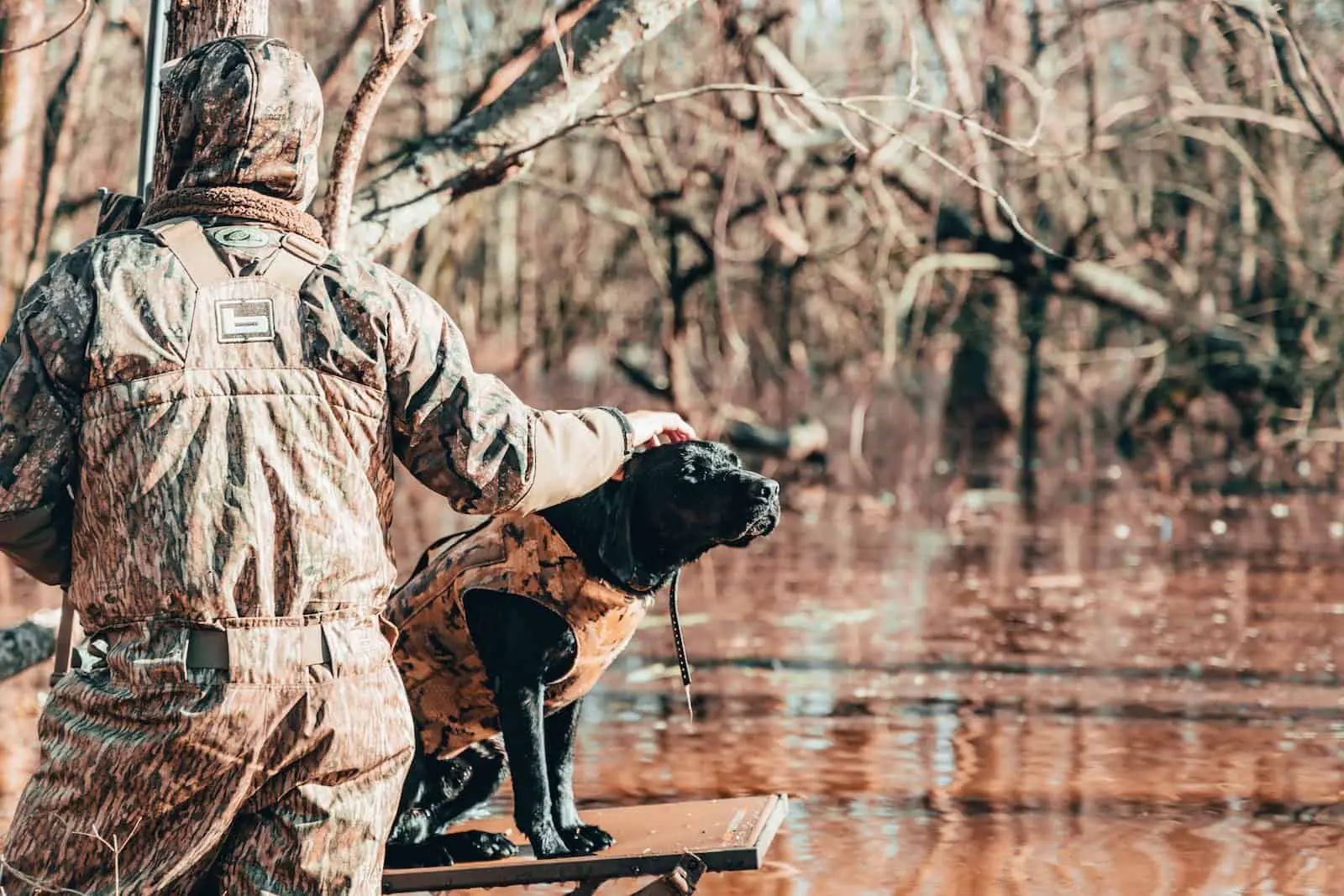
In addition to a Florida hunting license, you’ll also need a federal duck stamp if you’re planning on hunting ducks.
You’ll also need a resident hunting license if you’re over 16 and plan to hunt any other game species. You can find more information on hunting regulations at the Florida Fish and Wildlife Conservation Commission.
Duck hunting in Florida is restricted to designated areas and seasons.
There’s a daily bag limit for wood ducks, teal, and mallards, but no limit on pintails. Light geese, including snow, blue, and Ross’s geese, can be hunted on a limited basis during the waterfowl season. You must only use nontoxic shotgun shells to hunt ducks.
In addition to hunting ducks, you also need to know where to go and how to hunt them. In Florida, there are several large lakes that are open to hunting.
Lake Kissimmee and Lake Hatchineha are just a few examples. The two lakes are located in the Kissimmee region and both are part of the Everglades system.
While there are certain rules and regulations regarding duck hunting, most of them are fairly easy to follow. The only exception is when you exceed the daily bag limit.
If you go over that limit, you can be penalized with heavy fines and penalties. Also, you must be able to identify the birds you take.
When hunting ducks in Florida, make sure you use a shotgun that fits the regulations. You can only use shotguns that are 10-gauge and have at least three shell capacities.
Be sure to take care when cleaning the birds, including using rubber gloves and washing your hands. You should also cook the birds to 165 degrees Fahrenheit.
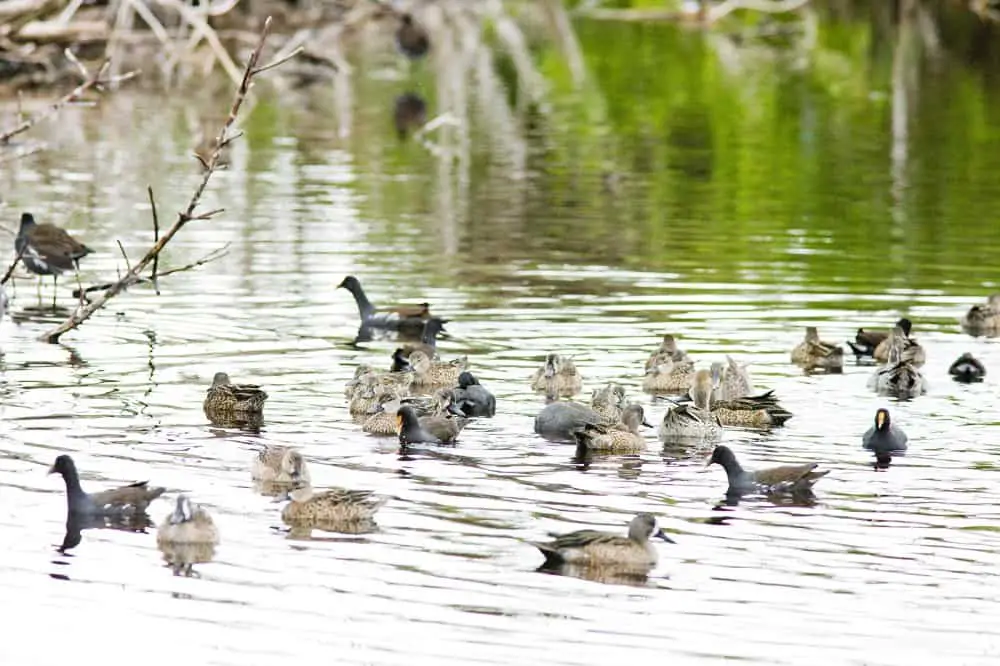
It is possible to hunt ducks without a license if the season in your area is open. Make sure to check with the USFWS for specific regulations on duck hunting.
Some states have longer seasons for duck hunting than others, and the bag limit for mallards is higher.
Duck hunting in Louisiana is regulated by splits or zones. A split is a separate hunting season, and a separate season may be allowed for different species.
In some regions, a split is allowed during early migration.
- The first split occurs during the time when migratory birds are expected to move into Louisiana from their northern habitats.
- A second split is used after the New Year holidays, as a rest period to encourage birds to stay.
2. Waterfowl Hunting Regulations
When it comes to waterfowl hunting in Florida, there are a few things that you should know. First, you should know that you are allowed to hunt only in certain areas.
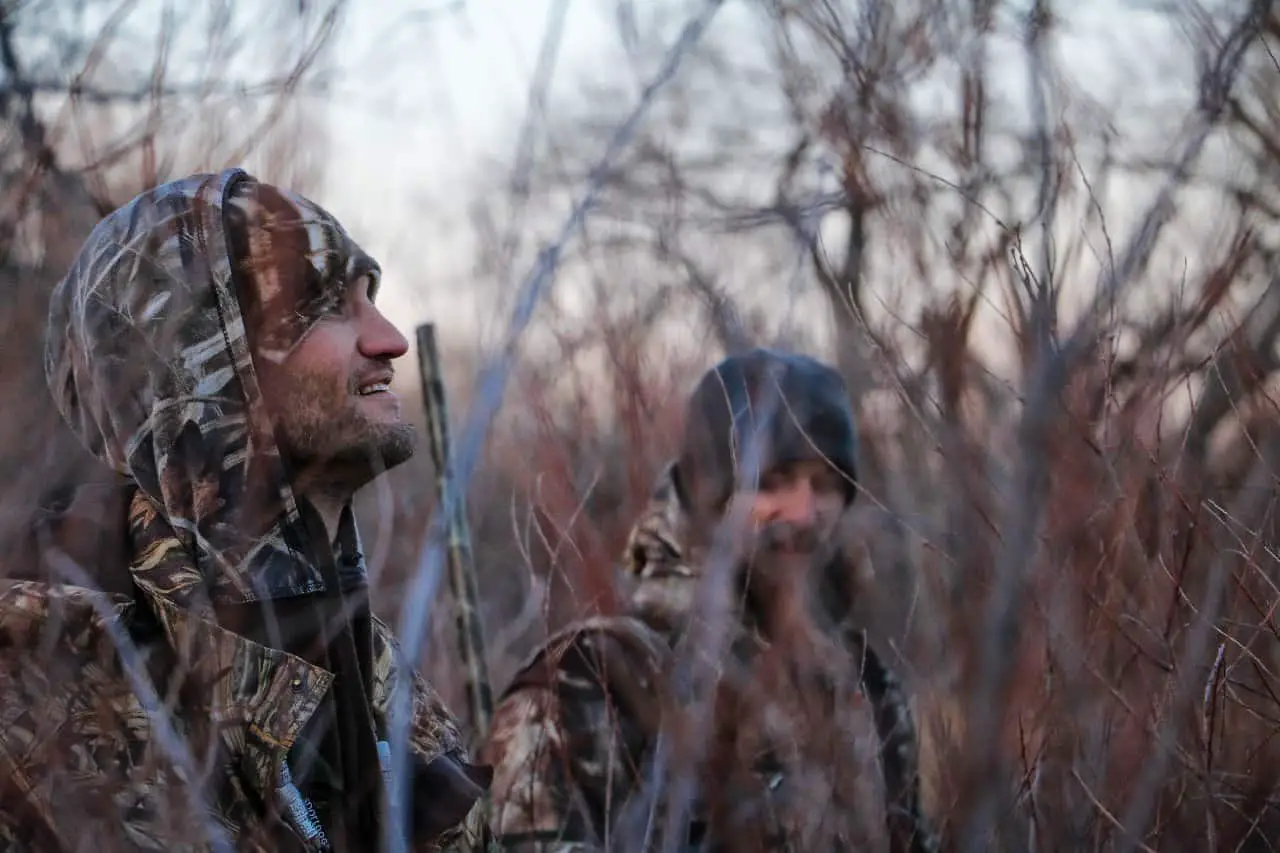
The regulations are designed to protect the species, as well as the hunters who are out hunting. These areas include wetlands, flooded cropland, and standing crops.
The regulations also require that you keep the head and wing intact so that you can properly identify the bird.
You should also know that you are not allowed to hunt in areas that have been baited or exposed to birds.
In addition, you must also keep the federal duck stamp with you at all times.
There are some limitations when it comes to hunting ducks in Florida, as well.
In addition, you must have a permit if you want to hunt migratory game birds.
In Florida, ducks can be harvested between November and January. The bag limits for these birds vary depending on the region.
In some areas, they are not allowed, while in others, they are protected. You can also hunt wild scaup, which is a threatened species in the state.
3. Areas Open to Hunting
During duck season in Florida, there are many areas open to hunting. The state is home to up to 25 percent of the Atlantic Flyway’s duck population, which can range from two to four million birds.
There are several options for duck hunting in Florida, including state-owned areas and federal wildlife refuges. Florida also boasts hundreds of marshy areas that are open to the public for duck hunting.
One of the best places to hunt ducks in Florida is the St. Johns River, which begins near the south end of Lake Monroe and extends through Lake Hellen Blazes.
The marsh is home to thousands of teal, ring-neck, and mottled ducks. The area is accessible by canoe or small johnboats.
You ou can hunt in state waters in the Gulf of Mexico in Hernando County, north of Raccoon Point and east of Saddle Key.
4. Requirements for obtaining a permit for Duck Season in Florida
If you’re interested in pursuing a duck hunt in Florida, you’ll need to know the requirements to obtain a permit. First, you must be at least 16 years old.
Then, you must have a valid hunting license. Then, you must meet the requirements for muzzleloading gun hunting.
You’ll need a hunting license to access wildlife management areas, take part in hunter education, and hunt ducks.
Residents of Florida who are 65 years of age or older are exempt from hunting license requirements.
The state also provides free resident hunting licenses for those who are disabled. In addition, active duty military members stationed in Florida can purchase a resident hunting license.
However, they are not required to have a license if they are on leave for 30 days or less. Military members may also purchase a reduced-fee Military Gold Sportsman’s License.
In addition, hunters must have a valid hunting license in Florida and a valid Migratory Bird Permit. These permits can be obtained from a state wildlife management agency or through a subagent.
You may also need to obtain a duck stamp if you are hunting in a public waterfowl area.
5. Information on species available during the season
Duck hunting in Florida offers many opportunities for hunters. It’s important to know what species are available for the upcoming season.
Some species are seasonal while others are only available during certain dates.
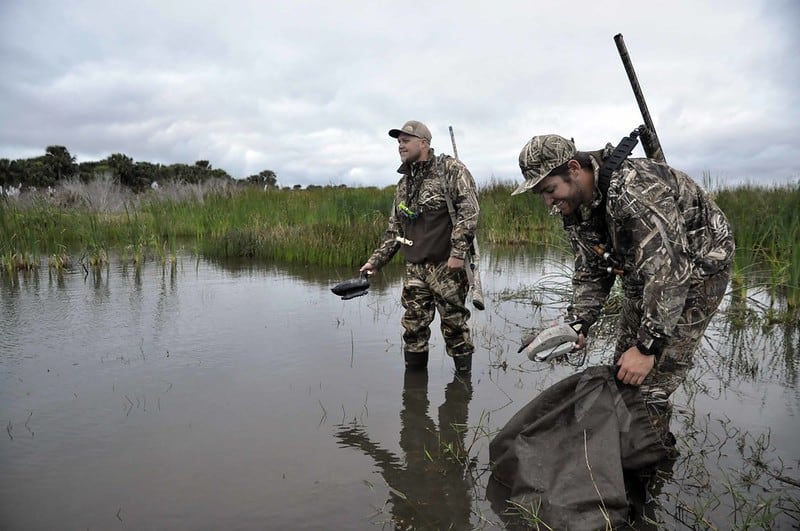
Male redheads are easily recognizable. They have yellow eyes and a black head. The rest of the bird is a dark gray or brownish color.
They are similar to female Mallards but are much smaller.
They prefer small ponds with lots of vegetation. They are good game birds to hunt because they are easily attracted to decoys.
Hunters can also pursue Green-winged Teal, the second most common duck species in the country.
The species is closely monitored to ensure a strong population.
Males have a crest of green feathers on their heads and a gray body. Females have a grayish head with a green teardrop eye patch and are mottled brown.
The number of species that are available during duck hunting season in Florida varies by region. The season typically lasts 107 days, although some species are closed at certain times of the year.
6. Coastal Hunts During the Season
Coastal hunts during duck season in Florida are ideal for hunters looking to take advantage of the abundant waterfowl. Florida boasts numerous rivers and lakes with densely wooded shorelines that attract large numbers of waterfowl.
Some of these waters are ideal for hunting wood ducks and black-bellied tree ducks. Some rivers even form oversize lakes that are perfect for pursuing a variety of duck species.
The season for most species lasts 107 days, depending on the zone. Some states divide the season into two parts, one for the South, and one for the Southeast.
Some species are closed to hunting, including the spectacled and Steller’s eider. The basic daily bag limit for ducks is seven ducks, including two canvasbacks, but not sea ducks.
Florida saltwater hunting can be a wild experience, with dolphins visiting decoys and shorebirds greeting shorelines.
However, it’s important to be aware of tide times, because the high tide can damage boats and cause mangroves to be damaged.
Also, saltwater can ruin your shotguns and gear. As a result, you’ll want to stay afloat as much as possible during your hunt.
7. Special Python-Hunting Season
Florida is introducing a special python-hunting season that is meant to keep invasive reptiles like the Burmese python from destroying the ecosystem and causing human injury.
Hunters can kill pythons using an ordinary rifle, but they must report any kills within 36 hours. Also, live pythons must be returned to the wild before the special hunting season ends.
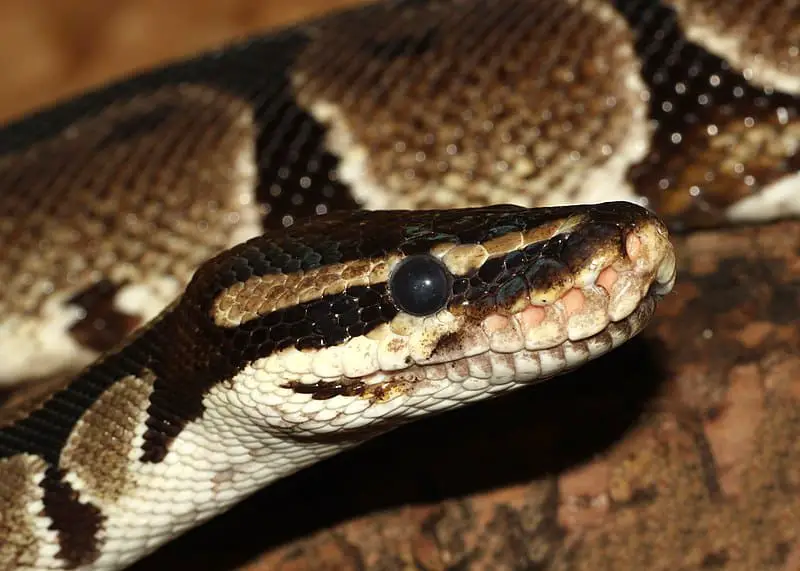
The FWC is also working with hunters to find solutions to the problem of these snakes. It has conducted a series of education sessions that teach hunters about python behavior, habitat, and capture techniques.
It also provides hunters with an opportunity to practice using lights to find snakes in the dark.
8. What Are the Limits on Ducks in Florida?
If you’re interested in hunting ducks in Florida, you’ll want to be familiar with the laws governing the species you can hunt and where they’re allowed to be taken. The possession limit is the maximum number of ducks you’re legally allowed to take in Florida or in a given geographical area. Bag limits, on the other hand, are the maximum number of game birds you can bring home per day.
Ducks are protected animals in Florida, and you must follow certain laws to keep them safe. The bag limit per person, per day, is six ducks. Depending on the species, this number can be higher or lower depending on whether you’re hunting the male or female.
The species that you can hunt in Florida include the common mallard, the female mallard, and two other species. The limit is higher for migratory birds, including Canadian geese, so you should be aware of this limitation before you head out onto the water to hunt.
Duck hunting is also banned on lakes with an internal combustion engine, except in certain areas where airboats are permitted.
During the regular duck season, internal combustion engines are prohibited on Lake Miccosukee and Carr Lake.
In these lakes, the maximum horsepower limit for an outboard motor is 10 hp. While hunting ducks, you must use non-toxic shotgun shells and never use lead shots.
Ducks are allowed on public lakes and rivers in Florida. But you must obtain a permit before hunting them. You can also use airboats to access honey holes.
In this way, you can keep a duck population in the area. Moreover, you can also feed the ducks.
Depending on the species, there are other limits to duck hunting. The maximum number of mallards per day is 2 birds. The Atlantic Flyway Council also recommended that you have a bag limit of two female mallards per day.
If you’re an avid duck hunter, don’t miss out on the opportunity to enjoy the bird’s migratory habits in Florida.
Ducks are a special type of duck that prefers undisturbed aquatic habitats. Their population decline is a concern that is addressed by government agencies.
These agencies are dedicated to keeping the duck population healthy and the hunter satisfied.
As a result, the management of aquatic plants is considered carefully to protect the habitats of waterfowl while maintaining the needs of duck hunters.
Youth hunting is permitted in Florida, but it’s also forbidden on certain lakes. Youth hunters must be under the age of 18 or be accompanied by an adult who is at least 18 years of age.
However, they can also participate in other seasons.

